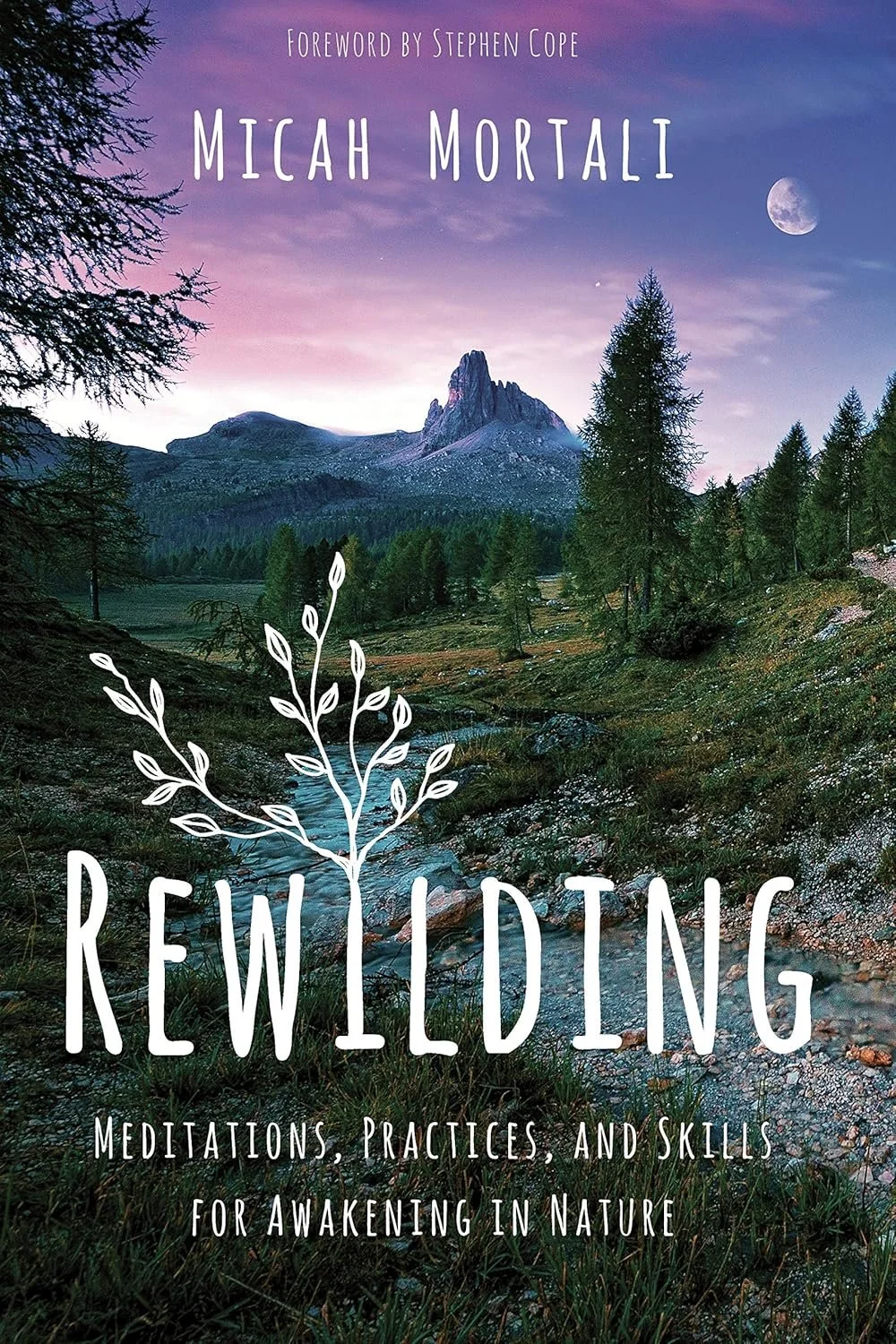Rewilding the Psyche
Rewilding the Psyche
Traditionally, rewilding has been associated with restoring external ecosystems—but here at ReWilding: Lab, we focus on something equally vital: rewilding the human psyche. This means restoring the wild, intuitive, relational aspects of ourselves that modern life often suppresses or forgets.
We believe this inner restoration is foundational. To meet the challenges of our time with clarity, resilience, and compassion, we must first come home to ourselves—and to our place within the wider web of life.
When we rewild the psyche, we:
Reclaim creativity, intuition, and emotional depth
Regain a sense of belonging to the Earth and our communities
Reconnect with meaning, purpose, and joy
Develop resilience in the face of burnout, grief, or disconnection
A rewilded psyche recognizes its interdependence with the living world—and seeks to protect it.
The Science of Nature’s Impact
-
STRESS REDUCTION
Decades of research demonstrate that spending time in nature can significantly reduce cortisol levels and lower stress, promoting a greater sense of calm and emotional balance.

-
COGNITIVE BENEFITS
Immersion in natural environments has been shown to enhance cognitive function, memory, and creativity, improving overall mental clarity and problem-solving abilities.

-
EMOTIONAL WELLBEING
Studies reveal that connecting with nature improves mood, increases emotional resilience, and fosters a greater sense of life satisfaction and purpose.

Research-Based Approaches
-
Connecting individuals with nature to promote mental and emotional well-being, ecotherapy helps people cultivate mindfulness, reduce anxiety, and build resilience.
-
Recognizing the innate human tendency to seek connections with nature and other life forms, this theory highlights the importance of incorporating natural elements into daily life for improved well-being.
-
Neuroaesthetics is an interdisciplinary field that explores the neural foundations of aesthetic experiences, connecting neuroscience, psychology, and art, with the goal of understanding how the brain perceives, processes, and reacts to beauty and artistic expressions.
In rewilding, we create art from natural objects or in natural landscapes. As we do, we explore
how interactions with nature's beauty influence brain function and emotional states, neuroaesthetics provides scientific insights into why natural environments are so restorative. -
This interdisciplinary field examines the relationship between humans and their surroundings, exploring how environments impact behavior, emotions, and overall well-being. Research in environmental psychology highlights the importance of green spaces in reducing stress, enhancing cognitive function, and fostering a sense of connection to the world around us.
Resources & Further Reading
We’re curating a collection of resources to support your journey toward a deeper connection with nature and yourself.





